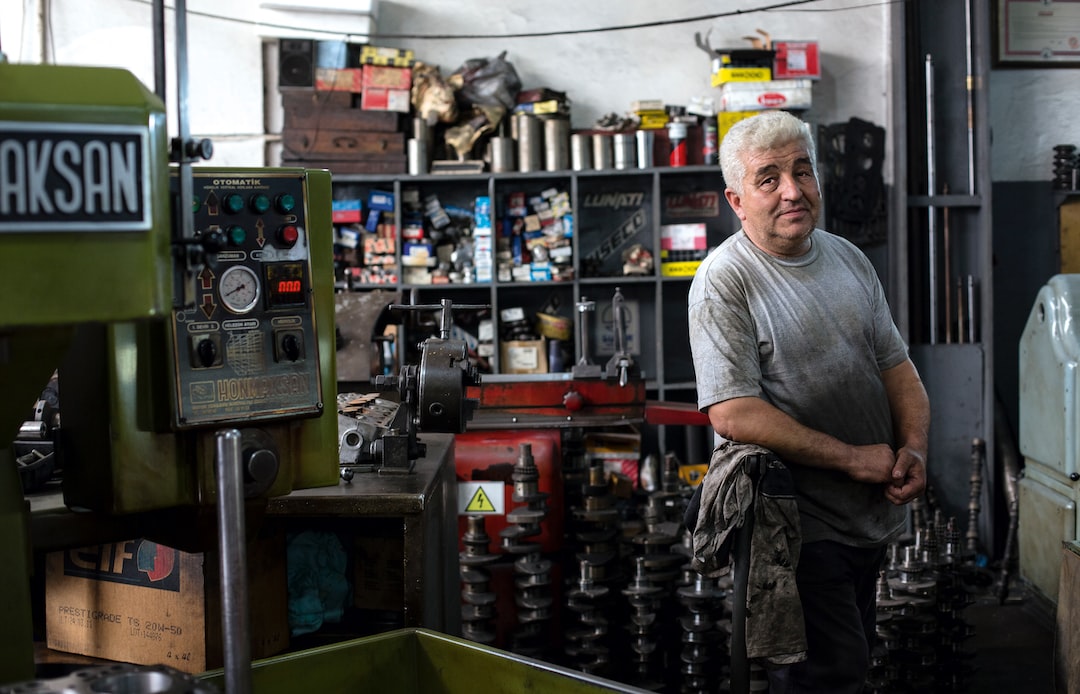The Impact of Automation on Job Markets: Is Your Job at Risk?
In recent years, automation has become an increasingly hot topic of discussion. With advancements in technology, many industries have incorporated automation into their processes to enhance efficiency and reduce costs. While the benefits of automation are evident, there is also growing concern about its impact on job markets and the future of work. Are humans at risk of being replaced by machines? Let’s delve into this subject and explore the potential consequences of automation on various job sectors.
One of the industries most affected by automation is manufacturing. Machines have taken over many repetitive tasks, such as assembly line work, leading to a significant reduction in the number of labor-intensive jobs. This has resulted in the displacement of workers who were once vital to the production process. While automation has undoubtedly improved productivity and lowered manufacturing costs, it has also lead to job losses and increased unemployment rates in certain regions. However, it is important to note that new job opportunities have also emerged as a result of the technology-driven transformation in the manufacturing sector. Skilled workers are now required to operate and maintain the automated systems, suggesting a shift in the skill set demanded by the job market.
Automation has also made its way into the service industry. From self-checkout grocery stores to automated customer support systems, technology has gradually replaced manual labor in many service-oriented jobs. For instance, the rise of chatbots and AI-powered virtual assistants has significantly reduced the need for human call center agents. While this trend has improved the efficiency and response time of customer service, it has left a considerable number of workers redundant. Moreover, the wealth of data gathered by automated systems has also allowed businesses to personalize their services, thus reducing the need for human interaction even further.
Even professions that were previously considered safe from automation, such as accounting and legal services, are now facing the tidal wave of technology. With the advent of machine learning algorithms and natural language processing, machines can now perform tasks that were once exclusive to humans. These intelligent algorithms are capable of analyzing vast amounts of data, spotting patterns, and making recommendations, significantly streamlining these professional services. As a result, the role of accountants and lawyers is evolving. While some tasks may be automated, new opportunities are arising that require higher-level analytical and problem-solving skills.
However, it is essential to recognize that automation is not all doom and gloom for job markets. History has shown that technological advancements have often led to new job creation and economic growth. In the past, the advent of industrial machinery and the rise of the computer age did result in job displacement, but they also generated new opportunities that were previously unimaginable. Automation has the potential to free up human capital from routine and mundane tasks, allowing individuals to focus on more creative and complex work. This shift in focus can benefit society as a whole, driving innovation and economic progress.
Moreover, the future of job markets lies in adaptability and lifelong learning. As automation continues to revolutionize industries, workers must be prepared to continuously upskill and reskill to remain relevant in the job market. The skills that are likely to be highly valued in the future include critical thinking, problem-solving, communication, and creativity – skills that are inherently human. It is important to recognize that while machines can perform repetitive tasks with precision, they still lack the ability to understand complex emotions or engage in creative thinking, areas where humans excel.
In conclusion, the impact of automation on job markets is undeniable. While there are legitimate concerns about job displacement, it is crucial to view automation as a force for economic progress rather than a threat. The future of work may require a shift in skill sets and a willingness to adapt, but the potential for new opportunities and advancements in human capability is immense. By embracing the changing landscape of work and investing in lifelong learning, individuals can stay ahead in the age of automation. So, is your job at risk? Perhaps, but with the right mindset and a commitment to growth, the future looks promising.

